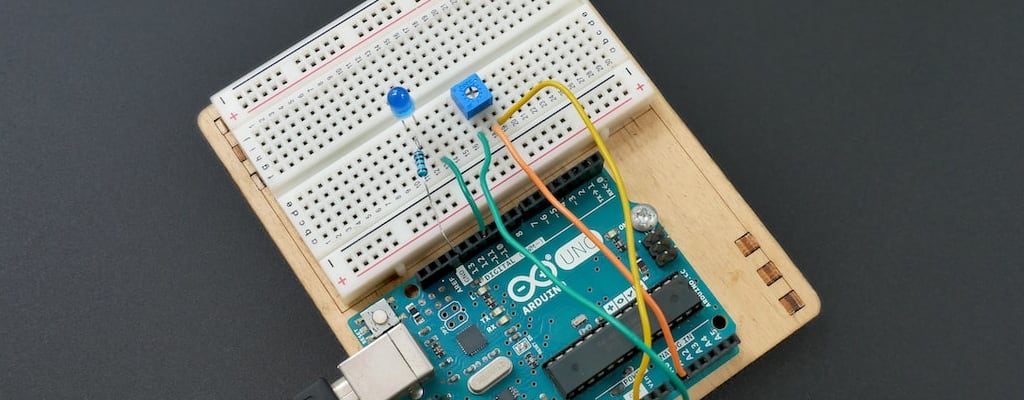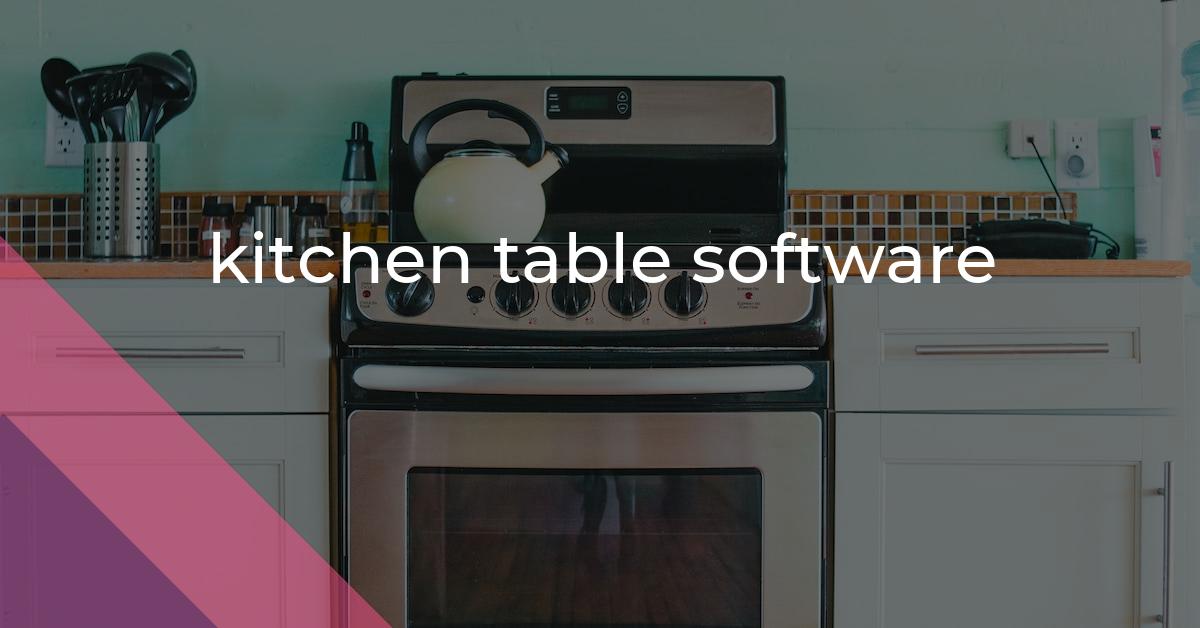kitchen table software: Idiom Meaning and Origin
What does ‘kitchen table software’ mean?
Kitchen table software refers to simple, user-friendly computer programs that are designed for everyday, non-technical use. The term suggests that such software can be easily understood and operated by anyone, even without extensive technical knowledge or training.

Idiom Explorer
"On the table" means something being discussed or considered.
The idiom "kiddie table" refers to a separate, usually less prestigious, area or group designated for children, typically during a formal meal or event. It signifies a lower level of importance or inclusion, implying that the individuals in this group are not considered to be on the same level as the adults or main group.
In laywoman's terms means to explain something in a simple and understandable way, without using technical or complicated language.
The idiom "in layperson's terms" means to explain something using simple and easily understandable language, avoiding technical or complex jargon.
The phrase "in layman's terms" means to explain something using simple and easily understood language, without using technical or complex terms.
The idiom "greasy spoon" refers to a small, inexpensive, and often unsanitary restaurant or diner that serves simple, greasy food.
"Get started" means to begin or initiate something. It implies taking the first step or getting the ball rolling on a task or project.
The idiom "garden variety" is used to describe something that is ordinary, common, or average.
"From soup to nuts" is an idiom used to describe a comprehensive or complete range of things or activities, covering everything from the beginning to the end.
Unveiling the Enigma
The idiom "kitchen table software" has a specific meaning within the realm of technology. It refers to software development that is done by individuals or small teams, usually at home or in informal settings, rather than in a professional or corporate environment.
This term gained popularity in the late 1990s and early 2000s during the rapid growth of the internet and the proliferation of personal computers. It was often used to describe software projects that were independent from large software companies, instead being developed by individuals or small groups of enthusiasts.
The term itself evokes the image of a kitchen table, which symbolizes a casual and informal environment. This reflects the idea that kitchen table software is created in a relaxed and personal setting, free from the formalities and constraints of a corporate office.
One reason for the rise of kitchen table software is the increasing accessibility of software development tools and resources. With the advent of user-friendly programming languages, open-source software, and online communities, individuals with limited resources can now develop and distribute their own software without the need for extensive financial or professional backing.
Another factor that contributed to the popularity of kitchen table software is the increasing demand for specialized and niche software applications. As the technology landscape continues to expand and evolve, there is a growing need for tools and applications tailored to specific needs and preferences. Kitchen table software fills this gap by allowing individuals to create software solutions that cater to niche markets or specific user requirements.
Furthermore, kitchen table software often embodies the spirit of innovation and experimentation. Freed from the constraints of corporate management and bureaucracy, developers can take risks and explore unconventional approaches to software development. This can result in the creation of unique and groundbreaking software solutions that might not have been possible within a more traditional setting.
However, it is important to note that kitchen table software is not without its challenges and limitations. The lack of professional oversight and quality control can sometimes lead to software that is unreliable or insecure. Additionally, the absence of dedicated resources and support can make it difficult for kitchen table software to compete with more established commercial products.
"Kitchen table software" is related to the idiom "kiddie table." Both idioms refer to informal settings or environments. Just as the kiddie table at a family gathering is a place where children gather in a casual and relaxed manner, kitchen table software is developed in a similar informal and personal setting.
In simple terms, "kitchen table software" is a concept that emphasizes the independent and flexible nature of software development outside of traditional professional environments. It highlights the idea that software can be created by individuals or small teams in an informal and relaxed setting, free from the constraints and formalities of a corporate office.
The idiom "kitchen table software" is also related to the idiom "in laywoman's terms." Just as "in laywoman's terms" refers to an explanation that is simplified and easily understandable, kitchen table software is often developed using simple and straightforward programming languages and techniques.
Developers of kitchen table software aim to create software that can be easily comprehended and used by both technical and non-technical users alike. By using simple words and phrases, developers ensure that their software is user-friendly and accessible to a wide range of people.
Lastly, "kitchen table software" is related to the idiom "on the table." When something is "on the table," it means that it is being considered or discussed. Similarly, kitchen table software is a concept that is continually evolving and being explored by individuals and small teams.
Developers of kitchen table software are constantly discussing and experimenting with new ideas and approaches to create innovative software solutions. This ongoing dialogue and exploration ensure that kitchen table software remains at the forefront of technological advancements and possibilities.
"Kitchen table software" refers to software development that takes place outside of formal professional environments. It is characterized by its informality, independence, and flexibility. While it provides opportunities for innovation and niche market solutions, it also faces challenges in terms of quality control and competitiveness. The concept of kitchen table software invites us to reflect on the dynamic and ever-changing nature of technology and the possibilities that emerge when individuals are empowered to create their own software solutions.
Example usage
Examples of how the idiom "kitchen table software" can be used in a sentence:
- I developed a simple budgeting app at home, it's just kitchen table software.
- The company started as a small project run by a group of friends, but it has since grown into a successful kitchen table software business.
- She created her own kitchen table software to track her daily exercise and calorie intake.
More "Computing" idioms



